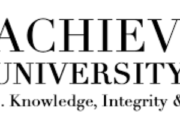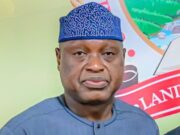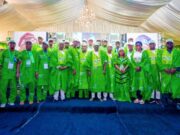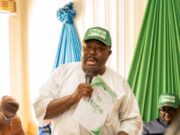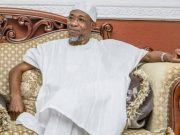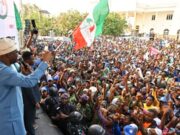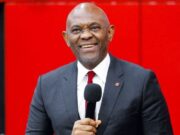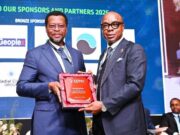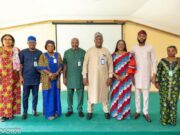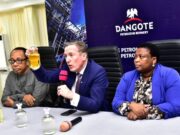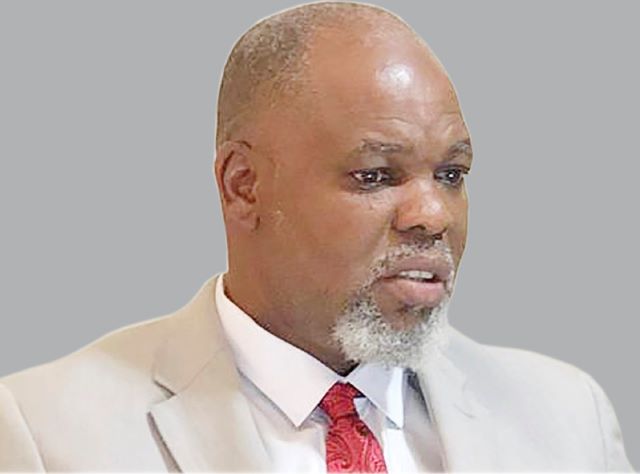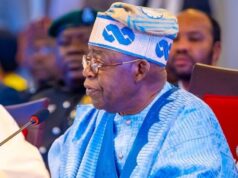Michael Ale, a prominent development expert and founder of the Global Initiative for Nigeria Development, has voiced significant concerns about recent tax reform proposals presented by Mr. Taiwo Oyedele, the chairman of the presidential committee on fiscal policy and tax reforms.
Ale’s remarks came in response to Oyedele’s assertion that Nigeria’s budget is too limited to support effective national development, made during an interactive session organized by the House of Representatives on tax reform bills.
In a statement released on Tuesday, Ale described Oyedele’s report and peer review on tax reform as “confusing,” claiming it undermines the critical research efforts of global development practitioners. He emphasized that taxpayers deserve substantial development in exchange for their contributions, warning that poorly executed tax reforms could exacerbate poverty, rather than alleviate it.
Ale criticized Oyedele’s narrow comparisons with South African and Kenyan budgets, asserting that focusing solely on budget size overlooks essential development indicators. He called for a comprehensive analysis that incorporates environmental and social factors along with economic metrics, stating, “Budget increases alone do not equal national development.”
He urged the Nigerian government to rethink its current tax reform strategies, cautioning that imposing additional taxes could deepen existing inequalities, leaving poorer citizens to shoulder the burden while the wealthy benefit disproportionately.
Instead of aggressive tax measures, Ale proposed that the government focus on fostering a supportive economic environment. He highlighted the need for top companies to contribute to public welfare through high-quality social infrastructure, referencing the O2 Arena in the UK as a model of corporate social responsibility.
Ale also stressed that budget allocations should facilitate research, job creation, and human capital development, noting that many successful countries have structured development plans often supported by organizations like the UNDP. He criticized Nigeria’s budget processes as ad hoc and disconnected from a cohesive development agenda.
Michael Ale therefore called for comprehensive reforms in the National Budget and Planning departments at all levels of government, advocating for better monitoring and evaluation systems involving independent validators to enhance accountability and project success. He noted that substantial financial allocations for infrastructure would yield limited results without proper oversight and strategic planning.
Ale’s statement concluded with a call for the Nigerian government to delay tax reforms until the socioeconomic environment is adequately prepared, shift focus to creating socially inclusive and environmentally sustainable development strategies, and prioritize both affordable taxation and private-sector contributions to social projects. He emphasized that a holistic approach integrating environmental, social, and economic considerations is essential for meaningful progress in Nigeria.
Packaged by Alice Egbedele










